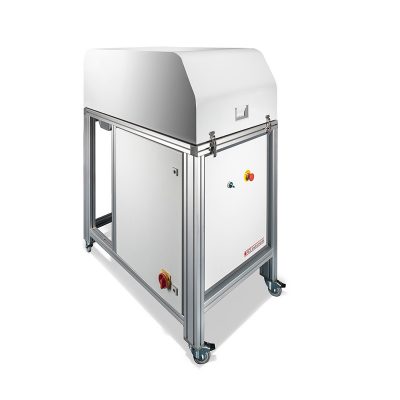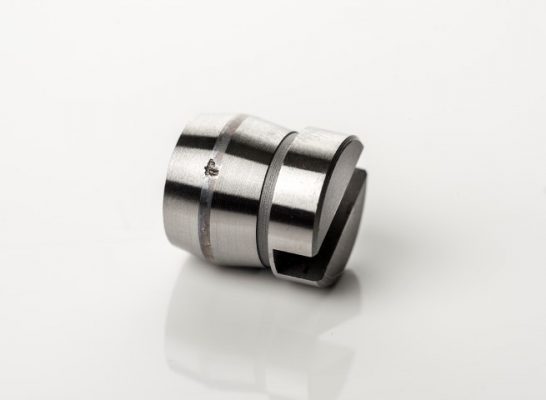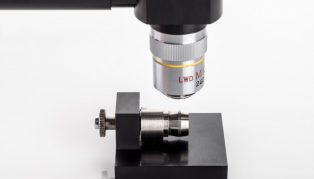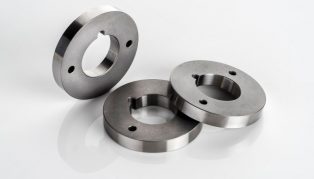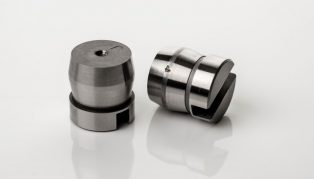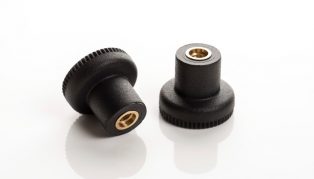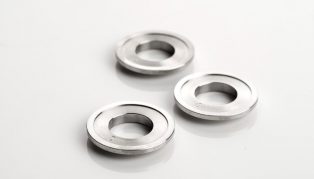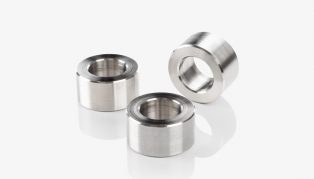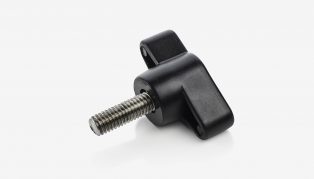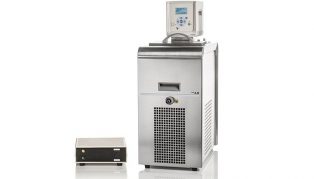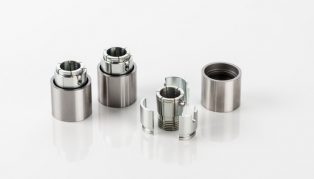Effects of Black Oxide and a WC/a-C:H Coating on the Micropitting of SAE 52100 Bearing Steel
22 Mar 2015
Author: B. Mahmoudi, B. Tury, C. H. Hager, G. L. Doll
In this study, the capabilities of a WC/a-C:H coating and a black oxide surface treatment to affect the onset of …
In this study, the capabilities of a WC/a-C:H coating and a black oxide surface treatment to affect the onset of micropitting in SAE 52100 bearing steel are examined. Experiments are conducted in which three pairs of contacts (steel on steel, black oxide on black oxide and steel on WC/a-C:H), and three sliding-to-rolling ratios of −10, 0 and +10 % are tested at high contact stress and in a low Λ regime. Results reveal that the WC/a-C:H coating can dramatically increase the micropitting resistance of the coated part, achieving a much higher number of contact cycles and higher levels of contact stress than the steel-on-steel contact. On the other hand, it is found that black oxide surface treatments provide no improvement in micropitting resistance over untreated steel–steel contacts. Specimens tested at the higher slide-to-roll ratios have lower rates of wear with the black oxide surface treatment than with the untreated steel–steel contacts.
Keywords: Micropitting, Wear, Diamond-like carbon, Black oxide

